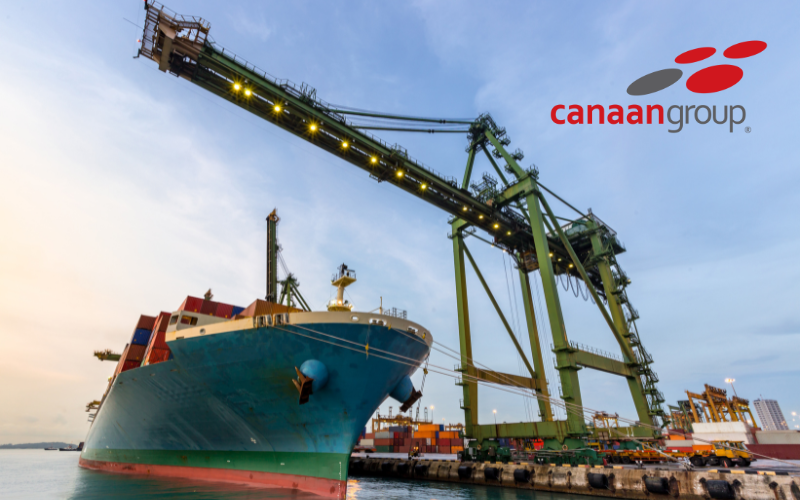June 28, 2024
Strategic Analysis: Container shipping industry navigating capacity challenges worldwide

Trending Stories
See All

Longshore foremen union in B.C. now in position to strike after rejection of “final offer” from employer

UPDATE: Strike reauthorized amid stalled negotiations with CN and CPKC railroads

Demand for shipment by air increasing for tech, perishables and other valuables

US trade groups increase pressure on Biden administration, as ILA-USMX talks stall
Latest News

Strategic Analysis: Container shipping industry navigating capacity challenges worldwide

Longshore foremen union in B.C. now in position to strike after rejection of “final offer” from employer

UPDATE: Strike reauthorized amid stalled negotiations with CN and CPKC railroads

Demand for shipment by air increasing for tech, perishables and other valuables

US trade groups increase pressure on Biden administration, as ILA-USMX talks stall

Surging Demand and Rising Costs Up Ahead















